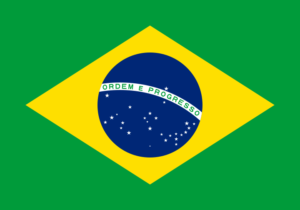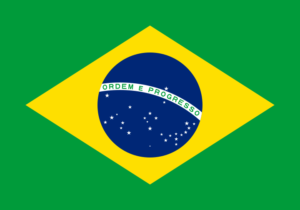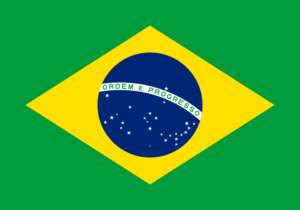Brazil: Mandatory Certification Postponed to September 2015
February 18, 2015
Originally, the Brazilian Labelling Program, PBE, was supposed to become mandatory in July 2014. Now, in 2015, the industry is still waiting for the so-called compulsoriedade to become reality. The label has so far only been mandatory for solar water heaters intended for the federal social housing programme Minha Casa Minha Vida (see photo). In January the press department of INMETRO confirmed per email that there was already a new deadline for manufacturers: From September 2015 on, Brazilians may only produce or import collectors and tanks adhering to the technical requirements for quality based on standard ABNT NBR 15747, which is European norm EN 12975-2 adapted to Brazilian climate conditions. INMETRO also confirmed that resellers would still be allowed to buy non-conforming products until March 2016. After that date they could only sell non-conforming products from their own stocks. From March 2017 on, Brazilian developers would no longer be able to buy or install any solar heating system without an INMETRO certificate – assuming that there won’t be any more delays in implementation.
Figure: http://www.certificasol.com.br/
Some in the industry have already started to moan and groan about the introduction of the mandatory regulations along with new classification levels (A, B, C, etc.), fearing that they might get smaller companies into trouble. The Brazilian solar thermal supply chain consists of approximately 200 companies, of which only some are big players. Market experts believe that especially smaller companies will need targeted support when adapting their processes to the new standards. Some might require additional financing, too. But even if financing is not the issue, what about the laboratories supposed to test all the collectors which are to be certified until September? Until today, INMETRO has granted licenses for testing solar equipment to two laboratories: The Instituto de Pesquisas Tecnológicas do Estado de São Paulo and the solar testing laboratory, GREEN, at the Pontifical Catholic University of Minas Gerais. There are market experts who doubt that both labs are sufficiently prepared to test systems in proper quantities and quality.
Labelling: Milestone in Brazilian industry development
In an email communique from 26 January 2015, INMETRO’s press department stated that testing would not be restricted to Brazilian laboratories: “As long as tests comply with the regulations of the Brazilian PBE, it will be possible to engage foreign laboratories, provided that they have been accredited by international organisations, such as the International Laboratory Accreditation Cooperation or the International Accreditation Forum.”
Most companies agree that introducing mandatory certification would be another milestone in the development of the Brazilian industry. Brazil was actually one of the first countries to introduce a label for solar water heaters, initiated in 1996 by a few companies which voluntarily decided to have their products labelled. Since then, an increasing number of companies have joined the programme, which showed 33 certified collector manufacturers and 284 collector types by the end of 2014. Still, unlabelled equipment is popular in Brazil and many companies have so far been accommodating customers by installing cheaper heating equipment which lacked any label. Entrepreneurs expect the mandatory labelling to reduce informal manufacturing and, therefore, enhance market opportunities for companies offering high-quality products.
Website encourages seeking information about certification process at early stage
DASOL, the Solar Heating Department of the Brazilian Association of Refrigeration, Air Conditioning, Ventilation and Heating, backs the labelling programme. In cooperation with the German Agency for International Cooperation, GIZ, the department created http://www.certificasol.com.br/ to provide information on technical requirements and registration processes. The website encourages manufacturers to look into the certification process at an early stage, pointing to the fact that companies themselves are responsible for obtaining the certificates. The authors of the website emphasise that “without certification, companies are in danger of having to interrupt their activities.” Before letting this happen, firms should rather get to know their desired certification models as soon as possible (see also the attached implementation guide by INMETRO).
Model 3 to offer simplified procedures for smaller companies
Anyone who wants to understand the certification process and the institutions involved should study the flow charts provided by Certificasol under the headline Fluxograma: These charts visualise every step of the certification process. Manufacturers may choose to have INMETRO certify their production process (Model 5), and especially importers might opt for the certification of many different products, samples of which are to be tested in the labs (Model 7). The INMETRO press department informed in January that another certification model might soon be eligible. They say that a complementary rule currently in progress will create Model 3, which will be based on testing manufacturing samples. These tests will be simpler and cheaper than those required by the other models. According to INMETRO, the new model has been devised because small companies represent a significant portion of the Brazilian solar thermal industry.
This news was written by Vanessa Kriele, a German freelance journalist specialised in renewable energies and world economics.
More information:


